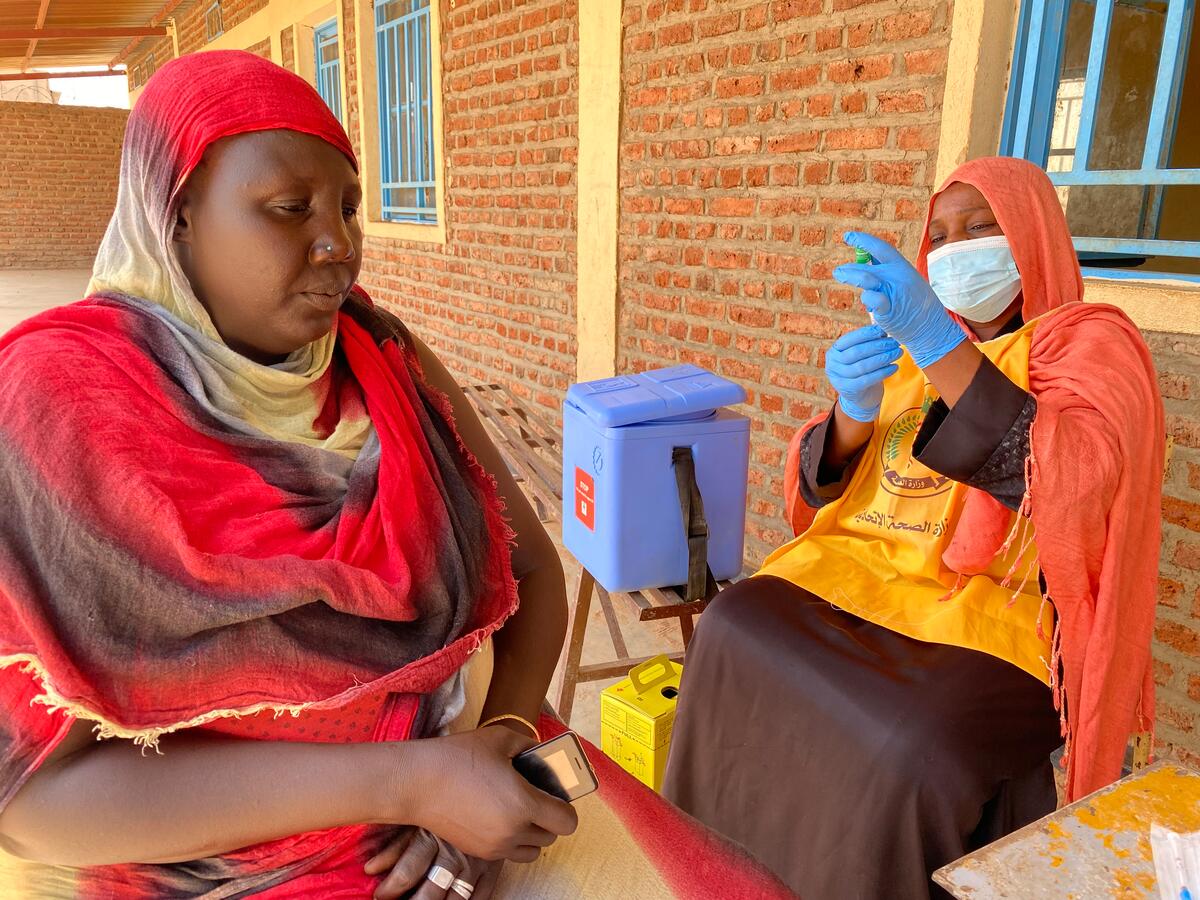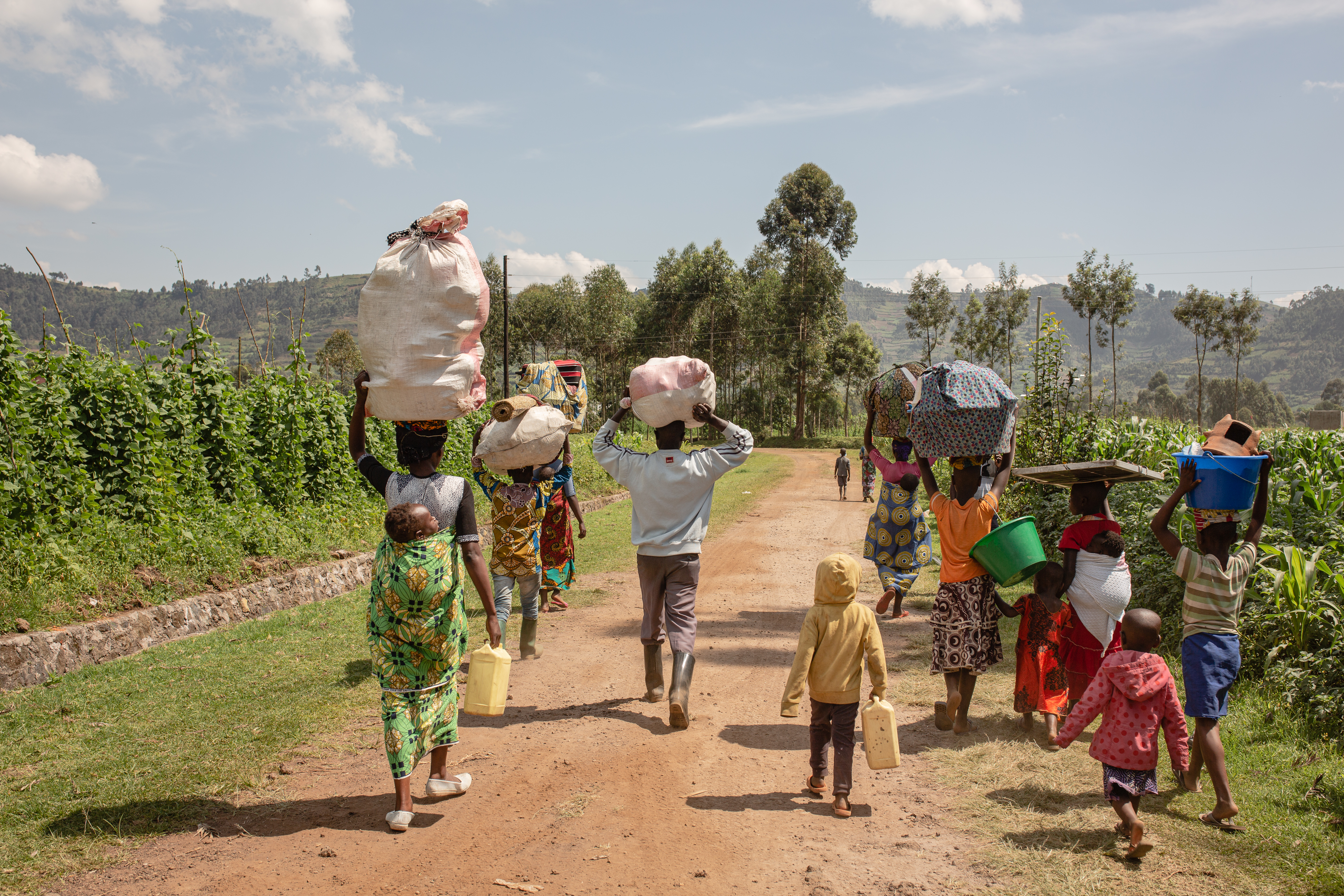Regional agencies discuss Global Compact progress ahead of maiden Global Refugee Forum
Regional agencies discuss Global Compact progress ahead of maiden Global Refugee Forum

NAIROBI, Kenya – UNHCR, the UN Refugee Agency, together with regional partners, donors, governments, the private sector and UN agencies in the East, Horn and Great lakes regions of Africa, met to discuss progress on the Global Compact on Refugees, six months after its affirmation by the UN General Assembly last year.
The meeting was convened by the Regional Refugee Coordination Office for the South Sudan and Burundi Situations and the Office of the Special Envoy for the Horn of Africa. The Global Compact (GCR) seeks a more equitable sharing of responsibility for hosting and supporting refugees, over 5 million of whom live in the East, Horn and Great Lakes regions.
Discussions revolved around comparing notes on the operationalization of the GCR, lessons learnt, challenges experienced and opportunities arising.
One of the key opportunities raised was the role that the private sector could play in providing opportunities for refugees, from employment and business opportunities, to providing critical goods and services – all of which are in line with the GCR’s ‘whole-of-society’ approach of shared responsibility.
“There is low awareness about refugee situations in general within the private sector, yet we are willing to involve refugees,” said Ms. Aparupa Chakravarti, the Managing Director at Botho Emerging Markets Group.

“The private sector should not be an afterthought, rather, their involvement in refugee situations in Africa has to be very deliberate,” added the private sector representative, who emphasized on the need to actively involve the sector to maximize on refugees’ potential and that of their hosts.
“There is low awareness about refugee situations in general within the private sector, yet we are willing to involve refugees.”
In Rwanda, UNHCR partner Inkomoko has helped over 2000 refugees to start and grow businesses and this has led to the creation of jobs in refugee hosting areas. Lydia Irambona, the Regional Director of Refugees and Government Affairs at Inkomoko Entrepreneur Development for Rwanda shared her positive experience of working with refugee entrepreneurs and the opportunity to expand to other countries in the region.
Notable progress of the Global Compact is further seen in the framework of regional and global initiatives that complement efforts at national level. In Ethiopia for instance, a policy granting more rights to refugees in the country was adopted. New progressive refugee laws in Djibouti to ensure inclusion of refugees in national systems including education count amongst other positive developmentsin the region.
While the region has been lauded as a leading example, there remains a lot of work to be done.
“Regional partners still face challenges such as unconducive political environments for NGOs to operate in, lack of capacity and the difficulty for NGOs to generate pledges,” explained Marco Rotelli, the Regional International Council of Voluntary Agencies (ICVA) Representative for Africa.
The Global Refugee Forum to be held this December, will be a critical opportunity to build momentum towards the implementation of the Compact and strengthen collective response to refugee situations by announcing new measures to ease pressure on host countries, boost refugee self-reliance and search for solutions from the outset.
More stories on the GCR in action can be accessed here.









